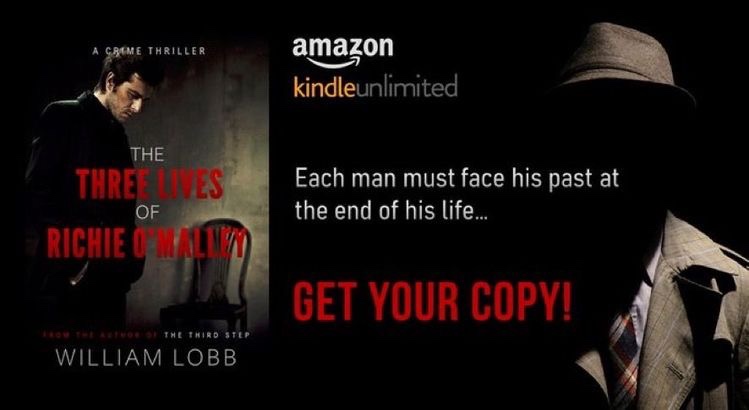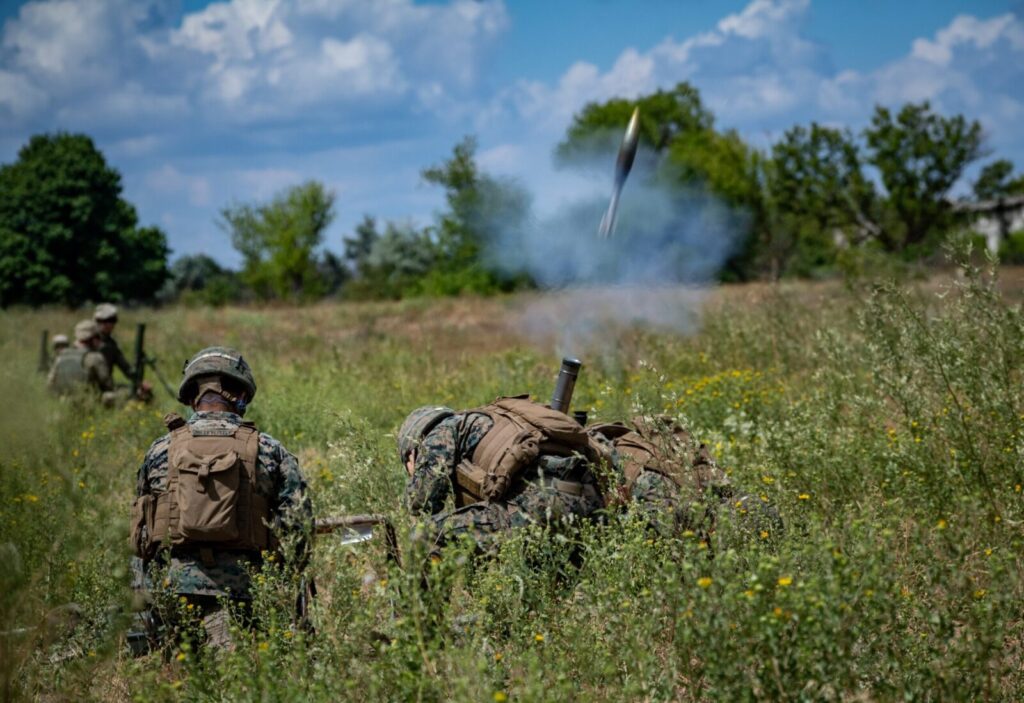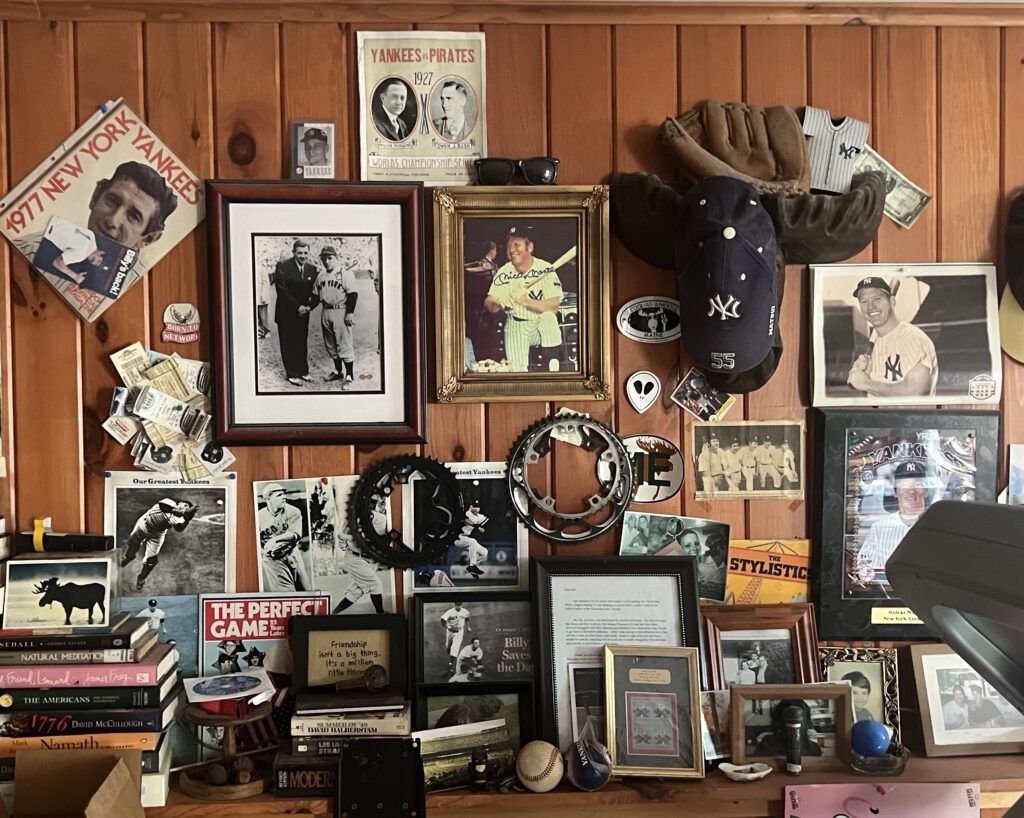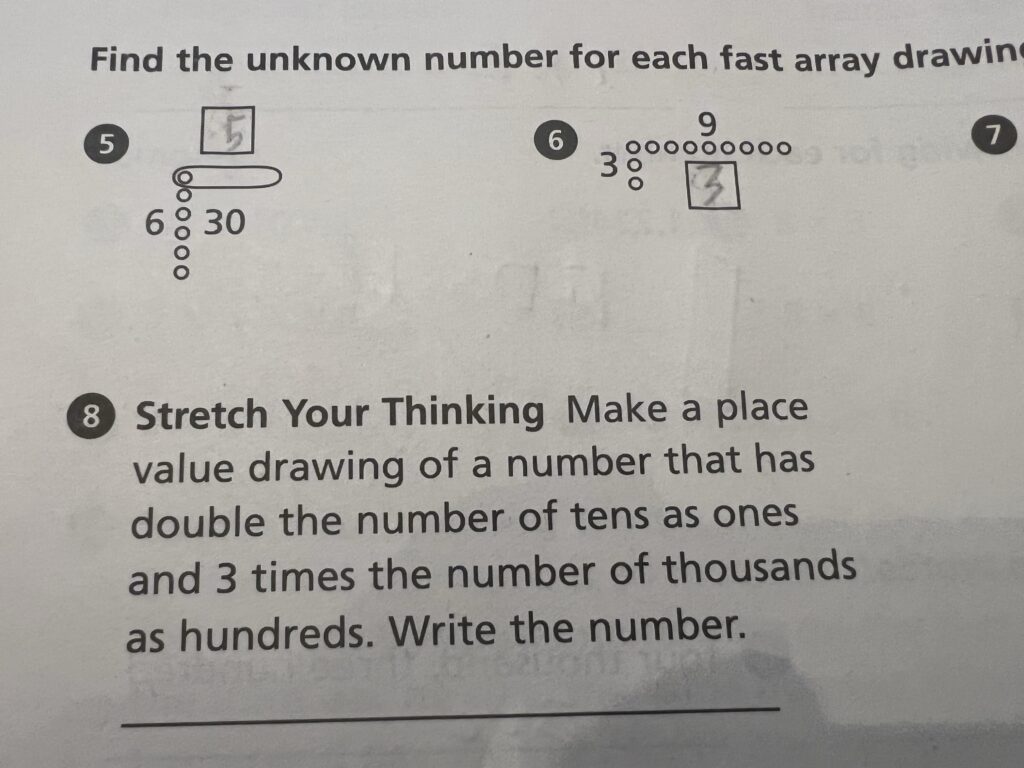
Before – New York City 1950s
A spark was ignited fourteen million-millennia ago when the first stars formed from carbon dust.
Over time that fire was injected into every one of us who has ever successfully exited the womb, creating something deserving of a big, complicated, raging and powerful name.
But we call it simply, “Life.”
That ancient, mystical, boundless flash can be snuffed out in less time than we spend in the cycle of one breath.
The process, the decision of a sentient being to end a life may take only seconds. The methods have been experimented with, honed and polished, within the confines of those years, to perfection. In this case, the process ground down to a shot fired from a single gun.
This handgun, a revolver, was born shiny and clean and smelling of machine oil at the Smith and Wesson, Springfield Massachusetts factory in 1949; assembled by a couple of guys recently home from the big war.
A gun is an object. It can’t be good or bad. The gun is a vehicle. Violence is a construct and a tool of man.
I’m a violent man.
Men like me are drawn to many things: the shiny objects of money and power, to the rush, to the safety and anonymity of the lie. To safe, and grounded women. We beg these good ladies to join us in our quest and to leave their innocence, and pretty dresses crumpled on the floor.
The dresses do find their way to the floor, but in a short time, we turn and run. First from warmth and comfort, then the terror of family dinners and kids and dogs and well-trimmed lawns. Men like me find our solace in the chaos, the carnage, in the gun.
The gun in this story, my story, was stolen from its original owner by a kid called Lucky Johnny. Johnny was from the streets of Brooklyn, 1950, a black and white world, a world of large analog and mechanical things.
He held odd jobs, lived with his mother in a third-floor walk-up apartment. The stoop out front was concrete and dirty. There were some flowers outside one first-floor window, but they seemed gray too.
One of his jobs was a night janitor at the local police precinct. He hated the job. A couple of the local street cops were good to him, and he considered them friends. The sergeant, though, was a master prick and treated the kid like crap, picking on him, calling him a loser, telling him how much he’d like to fuck his mom. Johnny hated him, and so did most of the beat cops.
That December, about a week before Christmas, the cops had a party in the back of the station. Johnny was cleaning out the men’s locker when he found Sarge passed out drunk in a stall. Sarge had been loudly proud of his newly issued .38 Smith and Wesson Police Special revolver. It sat unstrapped in the drunk cop’s holster. Johnny, looking over his shoulder, reached in where the fat man sat stooped over on the toilet and stole the gun, sliding into his pants. He finished his work quickly, went back to the party, said goodnight to the other cops, and left.
Walking home he passed a liquor store and thought of his mom, and the Christmas present he hadn’t yet bought. He needed money. Stepping inside, he announced, “This is a stickup!” He pointed the revolver at the man behind the counter. Holding it with both hands, he fired off six shots. Glass and lead and whiskey filled the air. A bullet ricocheted and took out the front window glass and the neon sign that said, “Fine Liquors.” He missed the cashier entirely.
The boy ran home.
Johnny hid the revolver under his bed in an old shoe box. He lay there awake all night thinking about the gun-terrified the cops would find out he was the one who shot up the liquor store. The cops would realize who stole the sergeant’s gun. He poked his head under the bed and opened the box. It was real.
Lucky Johnny needed to be rid of the gun. He took a train to the Bronx. His friend’s brother, a jewelry store owner, wanted to buy a weapon for protection. Johnny sold it to the guy for forty bucks, a fortune in 1950.
With his money, he bought a Christmas tree and took it home to decorate it. He bought his mom some towels for the kitchen, a loud testament to his lack of imagination. He paid a girl who lived in his building on the floor above him fifteen dollars for sex. It was the best Christmas of Lucky Johnny’s life.
The cold winter of 1951 moved on and gave way to the summer heat of August. The jeweler was happy with his purchase. It seemed to keep a distance between him and the bad guys of the street.
One evening he was on his way to deposit the day’s cash in the bank before heading to his home on the Grand Concourse, near Yankee Stadium. The jeweler was a good guy, a decent guy with a family. He had kids. He liked beer and baseball. But he’d begun to fear the neighborhood where he kept his business, so he carried the Police Special revolver. It made him feel more secure, less afraid.
A thug named Angel, working an empty street that had turned dark and damp and was drowned in an early evening, and a late summer’s fog, jumped the jeweler and took the gun. The jeweler fought back, taking a long, arching swing, but he missed and fell face first to the wet concrete.
In a flash of time, less than a second, Angel decided to transfer the power of life and death from his brain to his finger, to the shiny metal trigger, to the bullet.
The process is simple: the trigger pulls back against the force of a spring. A pawl pushes up, and a ratchet is turned. A barrel spins one-sixth of one turn and is locked in place by another pawl. The spring, under pressure from the trigger, pulls the hammer back. The finger applies more pressure. At the apex of the cycle, a pause only microseconds long, but seems a lifetime-is all the time that remains for the target. Somewhere between that second and the next second, a life will cease.
After the pause, the split second, the trigger as far back as it can go, now slams forward, like a hammer, like an uncontrolled and angry cock. It releases its kinetic power driving into the primer of the bullet cartridge. The primer pushing forward causes an explosion in the little shell, enough to force the lead from its casing and down the barrel. A death seed is let loose.
To decide a fate, to take a life, in a moment, just a moment-breathe in and out-now count the seconds. Fate decided.
The bullet entered the jeweler’s body, bursting through skin and muscle and bone and passing through the heart at six-hundred feet per second.
Angel exhaled. The jeweler didn’t.
The damp, sticky air echoed the sound of the explosion that follows the lead from the barrel. It bounced off and was absorbed by the walls of the buildings on the foggy street, up and down the alleys and hollow city caverns.
Angel heard sirens in the distance. He pocketed the man’s wedding ring and cash, the day’s proceeds from the jewelry store and the gun. Angel is now the owner of the snub-nose .38, Smith and Wesson Police Special.
The thug is also a refugee from the war. A man weary of war and death, yet he continues in a lifestyle that embraces and requires violence and killing.
Still a young man, but already so very tired. He finds his life on these dirty streets. He finds a way in, acceptance, into the mobs, the family businesses.
Angel hunkered down, he did his job, he hated his work, and he lived modestly, unnoticed.
He met a pretty girl and dreamed of a farm and a life away from all of this.
He hoped the farm would somehow silence the screams of those he killed with the .38 snub-nose revolver.
He married the girl and found the farm.
The gun went with him.
He was a terrible farmer. He got a job in a factory and raised his family and tended to his land and cows and chickens. Angel lived like a guy with a mortgage and bills and a crummy job. He never showed the world anything he took from those streets.
Angel became “Unk” to everyone. His friends, his family, even his wife called him “Unk” at times. Angel had a favorite nephew, me, his wife’s brother’s boy Richie O’Malley, the nephew who became the next owner of the snub-nosed .38 Smith and Wesson made in 1949 in a factory in Springfield, Massachusetts by men just home from the war.




